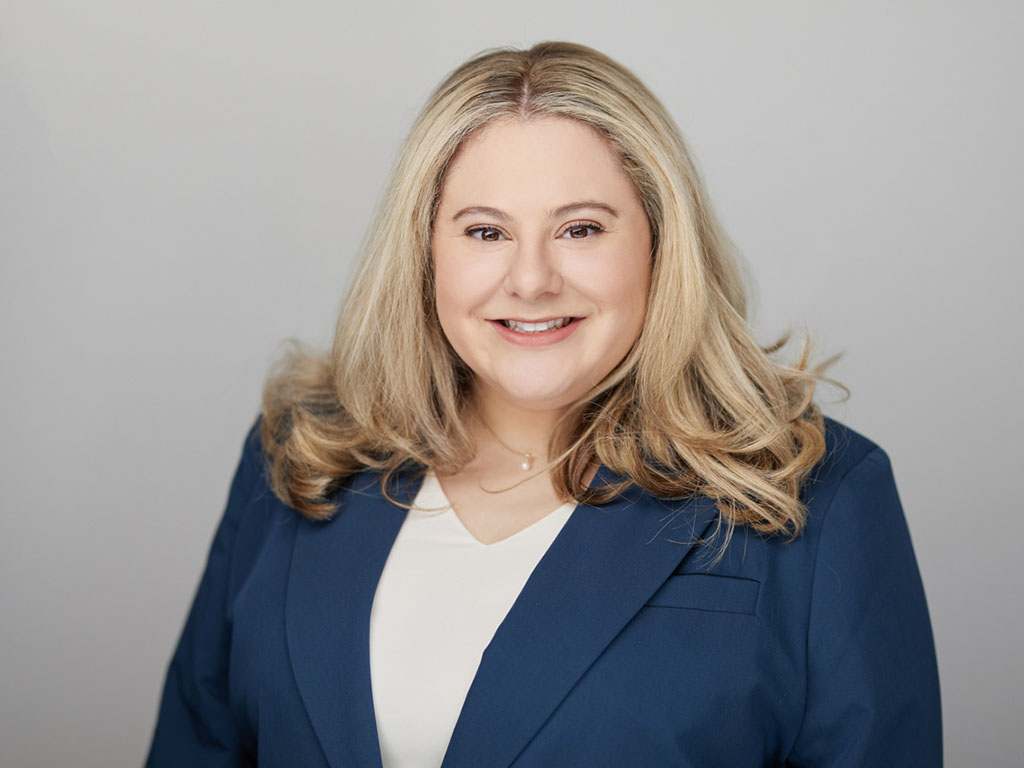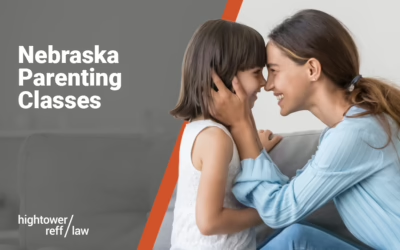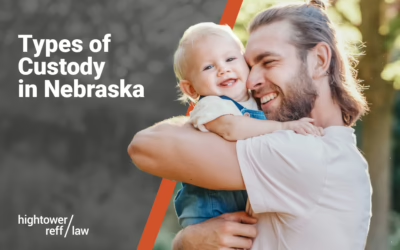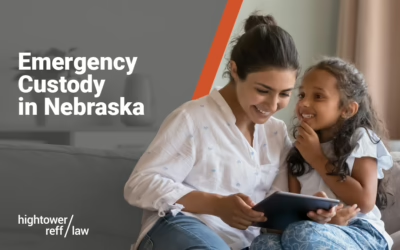“Where are my kids going to live?” “Will I get to decide where my children go to school?” “Are my kids going to be OK?” These are all questions lawyers hear when discussing custody issues with clients in divorce and paternity cases.
Types of custody
There are 2 types of custody that are determined in every child custody case. The first is legal custody. This is the decision-making power for educational, medical and religious needs for the children. The second is physical custody. This is the parenting time schedule. Both types of custody can be primarily with 1 parent or jointly between both parents. Every case is unique and no 2 cases are ever the same.
How is custody determined?
In a custody case, whether in a divorce or a paternity case, the judge will decide custody issues based on the best interests of the children. To determine what is in the best interests of the children, the Judge will consider what each parent wants, as well as looking at the bigger picture of how each parent is situated and their ability to parent the children. Sometimes, work schedules dictate when a parent is available. In some cases, parents aren’t living close to each other. These types of things have no bearing on whether a parent is capable but more whether the parent is able to regularly parent their children.
Common misconceptions
There is a myth that moms will always get full custody. This may have been true in the past but now, most judges approach custody determinations with a belief that both parents are capable and should have equal parenting time.
Another myth is that at a certain age, children can “pick” which parent they want to live with. That is just not how it works. In some cases, the judge will consider what the children want. But even in these situations, the wishes of the children are only 1 factor in the decision.
Another falsehood is that a judge might “take away” one parent’s ability to see their children. This is possible but only in cases of physical or sexual abuse or a severe inability to parent, usually due to mental health, drug or alcohol use by the parent. And even in these cases, a judge usually allows therapeutic or supervised parenting time.
What happens if parents cannot agree?
When parents can’t agree on custody issues, the judge will decide who the custody arrangement. We often hear from judges that these decisions are some of the hardest they must make. They don’t know the family and each side is trying to make the other look as bad as possible. This is why settlement of custody is encouraged by attorneys and judges. Settlement also allows the parents to personalize their parenting plan to their children’s specific needs.
The majority of cases end up with a shared custody arrangement with the children spending equal or almost equal time with both parents. The bottom line in child custody cases is to keep focused on your children’s best interests. The key to making this stressful process a little easier is to work with an attorney who has experience with child custody cases and is willing to listen to your goals and work towards those goals with you.
This article should not be construed as legal advice. Situations are unique from one another and it is impossible to provide legal advice for every situation without knowing the individual facts.




